- Heart-Disease-Overview
- Stages-of-Recovery
- Key-Factors-in-Recovery
- Real-Life-Case-Insights
- Professional-Advice-and-Support
1. Understanding Heart Disease: What It Means for Your Health
Heart disease remains one of the leading causes of mortality worldwide, affecting millions every year. At its core, heart disease refers to a range of conditions that affect the heart’s structure and function, including coronary artery disease, arrhythmias, and heart failure. The recovery process after a cardiac event—such as a heart attack or surgery—is often complex and requires careful attention to lifestyle, medication, and ongoing care.
Understanding heart disease fully is crucial for patients and caregivers alike. It’s not just about managing symptoms but adopting a comprehensive approach to improve overall cardiovascular health. This involves recognizing risk factors such as high blood pressure, diabetes, smoking, and sedentary lifestyle, and actively working to reduce their impact.

1.1 The Impact of Heart Disease on Daily Life
Living with heart disease can be challenging, as it may limit physical activities, increase fatigue, and cause anxiety about future health. The emotional toll is often underestimated. Patients frequently face uncertainties about their recovery process and long-term outlook, which underscores the need for clear information and supportive care.
Cardiac Solutions
cardiac solutions
5651 W Talavi Blvd, Glendale, AZ 85306, USA
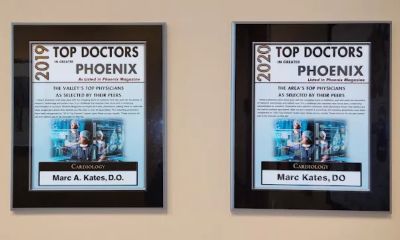
1.2 Why Early Intervention Matters
Prompt diagnosis and treatment can dramatically alter the recovery trajectory. Early intervention helps to prevent further damage, improves the chances of a full recovery, and reduces complications. This stage also includes educating patients on the importance of medication adherence, diet changes, and physical rehabilitation.
2. The Recovery Process After Heart Disease: A Step-by-Step Journey
The recovery process following heart disease is a multi-stage journey that extends beyond hospital discharge. It typically involves acute care, cardiac rehabilitation, and long-term lifestyle adjustments to maintain heart health and prevent recurrence.
2.1 Acute Phase: Immediate Post-Event Care
Immediately after a heart attack or surgery, patients enter the acute phase. This stage focuses on stabilizing the heart, managing symptoms, and preventing complications. Medical teams monitor heart function closely, administer necessary medications, and may perform interventions like angioplasty.
2.2 Cardiac Rehabilitation: Rebuilding Strength and Confidence
Cardiac rehabilitation is a cornerstone of the recovery process. It combines supervised exercise, nutritional counseling, psychological support, and education about heart-healthy habits. This stage can last weeks to months, depending on individual health status.
At this phase, patients often report improved energy levels and a greater understanding of how to manage their condition daily. Structured rehab programs also reduce hospital readmission rates and improve quality of life.
2.3 Long-Term Maintenance: Preventing Future Cardiac Events
The final stage involves sustained lifestyle changes. Maintaining a heart-healthy diet, regular exercise, quitting smoking, and managing stress are essential. Regular follow-ups with healthcare providers ensure that risk factors like cholesterol and blood pressure are controlled effectively.
3. Key Factors Influencing Successful Heart Disease Recovery
Successful recovery hinges on a blend of medical care, patient motivation, and social support. Several factors significantly influence outcomes:
3.1 Medication Management
Adhering to prescribed medications such as beta-blockers, statins, or anticoagulants is critical. These medications help control heart rate, reduce cholesterol, and prevent blood clots, lowering the risk of future cardiac events.
3.2 Nutrition and Lifestyle Adjustments
A diet low in saturated fats, salt, and sugar supports heart function. Incorporating fresh fruits, vegetables, whole grains, and lean proteins fosters cardiovascular health. Coupled with quitting smoking and moderating alcohol intake, these changes form a strong defense against recurrence.
3.3 Physical Activity and Rehabilitation Exercises
Regular, moderate exercise strengthens the heart muscle and improves circulation. Tailored cardiac rehab exercises help patients regain endurance without overexertion.
3.4 Emotional and Psychological Wellbeing
Heart disease often impacts mental health. Anxiety, depression, and fear about the future can affect recovery. Psychological counseling and support groups play a vital role in addressing these challenges and encouraging positive outlooks.
4. Real-Life Cases: Stories of Heart Disease Recovery
Consider the story of Michael, a 58-year-old who suffered a major heart attack two years ago. Initially overwhelmed, Michael engaged actively in a cardiac rehabilitation program that combined physical therapy, diet coaching, and psychological support. His commitment led to significant improvements; he resumed his daily walks and reduced his cholesterol levels dramatically.
Michael’s experience highlights how recovery is a holistic process involving more than just medical treatment—it requires lifestyle transformation and ongoing motivation. Stories like his are a testament to the power of structured rehabilitation and the right support network.
Another case is Emily, who after bypass surgery, struggled with depression and anxiety. Her recovery journey included professional counseling alongside physical rehab. The integration of emotional care allowed Emily to regain confidence and improve her overall health, demonstrating that psychological wellbeing is as important as physical recovery.
5. Professional Advice and Support Resources
For those navigating the recovery process from heart disease, expert guidance can make a crucial difference. Cardiologists, dietitians, physiotherapists, and mental health professionals form a multidisciplinary team supporting patient health.
Patients are encouraged to seek out trusted resources for products, services, and community support. Websites like HeartCare Hub offer curated recommendations tailored to heart disease recovery, helping users find the best cardiac rehabilitation centers, nutritional supplements, and lifestyle coaching.
5.1 Monitoring and Follow-Up Care
Regular check-ups help track recovery progress and adjust treatment plans as needed. Early detection of complications or risk factors through routine exams can prevent setbacks.
5.2 Leveraging Technology for Heart Health
Innovations such as wearable heart monitors and mobile apps provide patients real-time data on their cardiovascular status, empowering them to take charge of their recovery.
Ultimately, the road to heart health after disease requires dedication, informed choices, and continuous support. Embracing this journey not only improves physical health but also enriches overall quality of life.

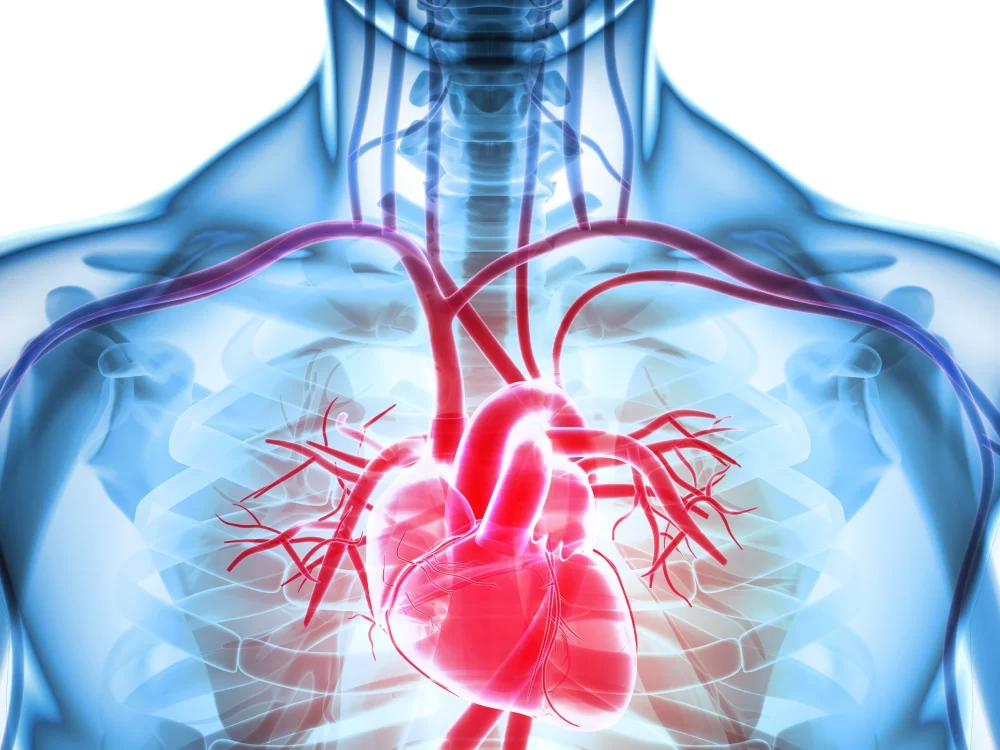

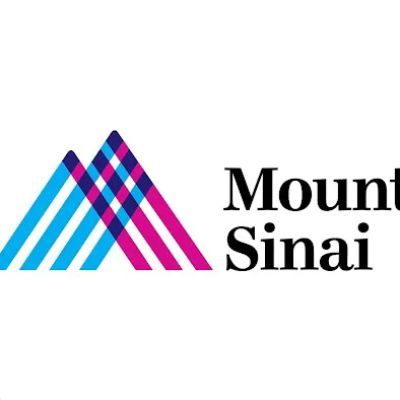
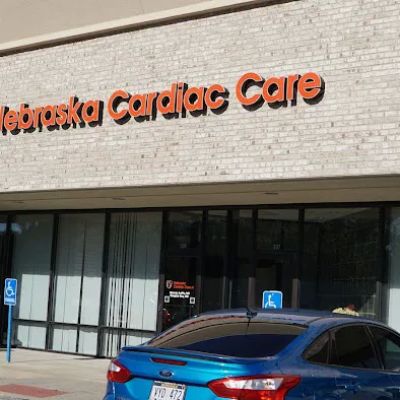


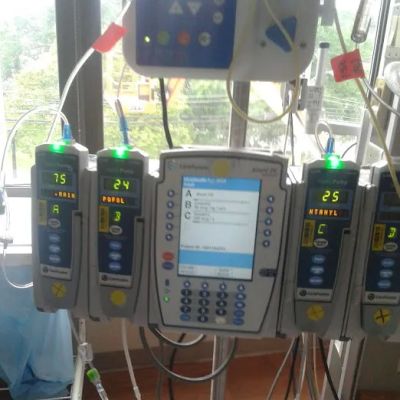





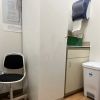








Deborah Heart and Lung Center
deborah heart and lung center
200 Trenton Rd, Browns Mills, NJ 08015, USA